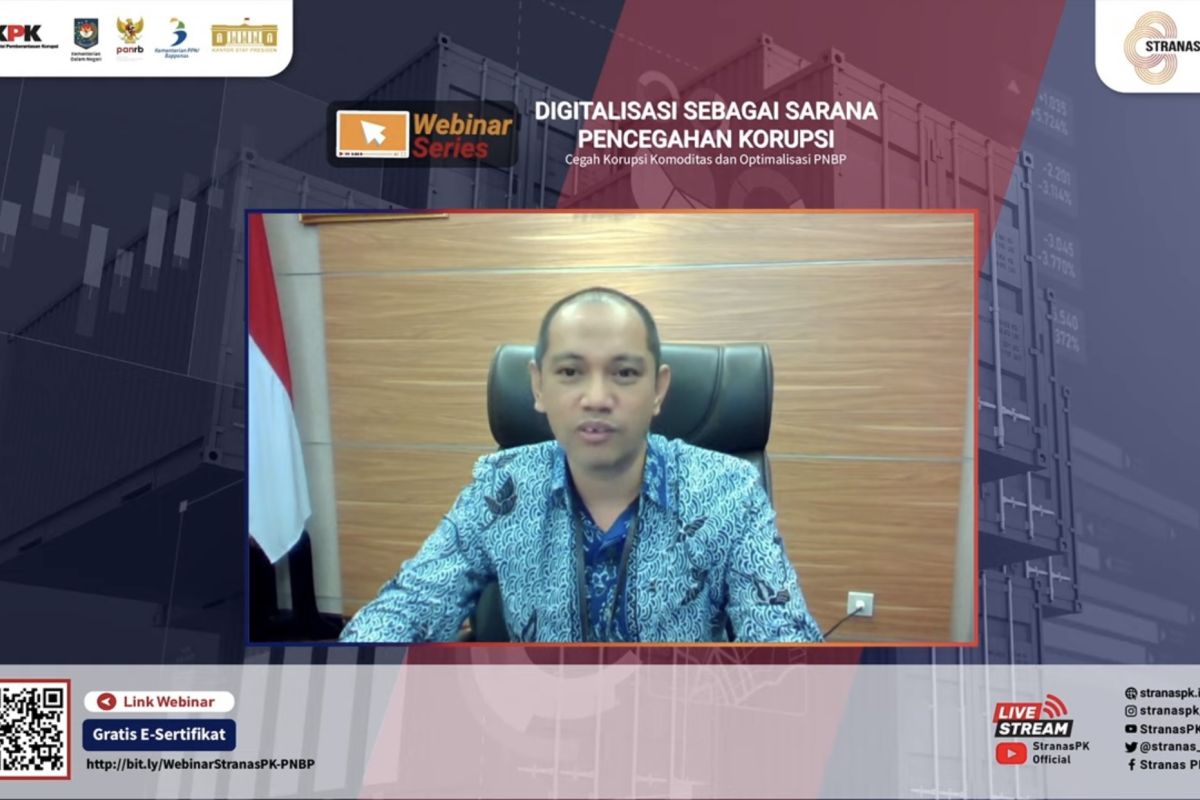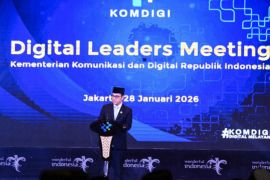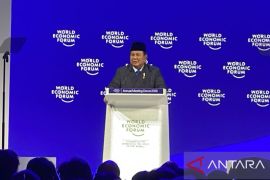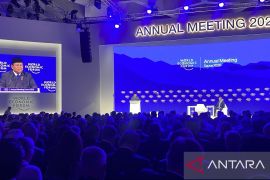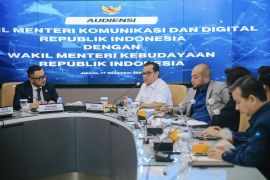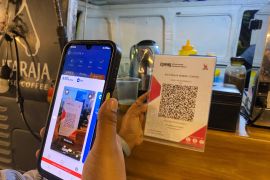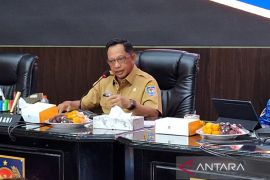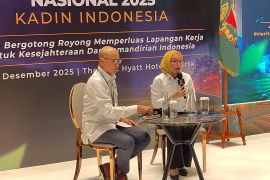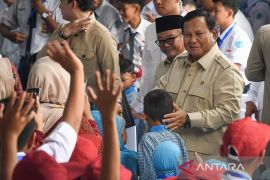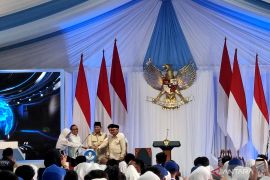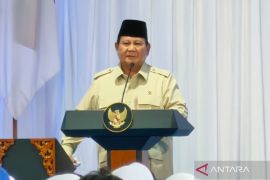Non-integrated data in each sector cannot be combined in real-time, he explained during the “Digitalization as a Means of Corruption Prevention” webinar on Wednesday.
This leads to the creation of programs that do not match in terms of demand, time, as well as target.
According to Ghufron, if a program is already effective and efficient, then corruption potential can be avoided considering that the more digitalized a system and procedure is, the more consistent it will be.
This is because while the data may be sufficient, when humans interact with it, there is potential for uncertainty and disconnect between the center and regions, and even among regions.
"This makes the certainty become relatively questionable. The consistency of the treatment is also not guaranteed," Ghufron noted.
In addition, through digitalization, programs can be made more efficient since their implementation can be done in real-time, which would lead to zero time gap, he informed.
This would improve bureaucracy as well as expedite services, he added.
Lastly, with digitalization, there would no longer be any direct contact between those who serve and those who are being served. As a result, the relationship between the people or entrepreneurs with the bureaucracy will diminish.
"The expectation is that, when the relationship no longer involves direct contact, then everything would proceed fairly," he explained.
During the webinar, Minister of Finance Sri Mulyani Indrawati said that digitalization can reduce the chance of corruption in various activities, including in the implementation of government policies.
The digitalization efforts undertaken by the ministry so far have included the unveiling of the Coal Management Information System (Simbara) and Integrated Information System (SIT) for upstream oil and gas activities.
Related news: Digitalization narrows opportunities for corrupt practices: Minister
Related news: KPK outlines media's role in corruption prevention at APEC Forum
Related news: KPK outlines media's role in corruption prevention at APEC Forum
Translator: Astrid F H, Fadhli Ruhman
Editor: Sri Haryati
Copyright © ANTARA 2022
